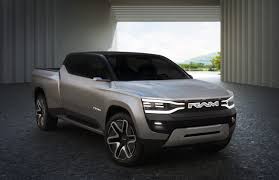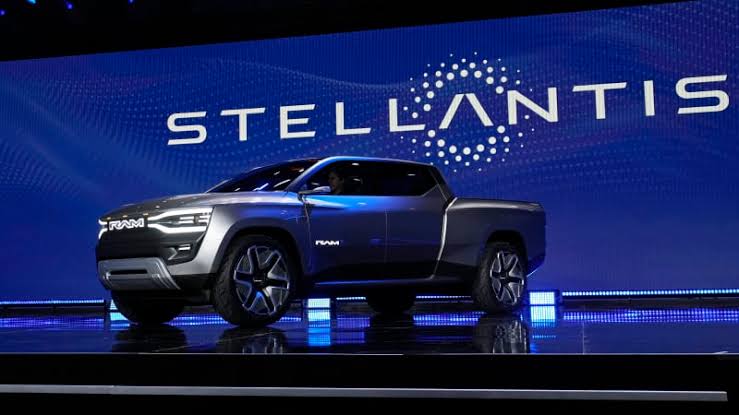Newsletter Subscribe
Enter your email address below and subscribe to our newsletter

South Africa is on the cusp of a new era in the automotive industry, as global car giant Stellantis contemplates building electric vehicles (EVs) in the country.
This move has the potential to revolutionize the South African car market and position the nation as a frontrunner in e-mobility within the African continent.
The global automotive industry is undergoing a seismic shift towards electric vehicles, driven by environmental concerns and tightening regulations on carbon emissions.
South Africa, with its growing middle class and increasing demand for personal vehicles, presents a lucrative market for EVs.
However, the country currently lacks domestic production of electric cars, leaving it reliant on imports.

This dependence on foreign-produced EVs poses a significant challenge, as it restricts South Africa’s ability to capitalize on the burgeoning e-mobility market and limits its control over pricing and technological advancements.
Stellantis, the world’s fourth-largest automaker formed by the merger of Fiat Chrysler Automobiles and PSA Groupe, is strategically positioned to take advantage of this opportunity.
The company is already establishing a new car manufacturing plant in the Eastern Cape province of South Africa.
This plant, which is currently dedicated to the production of internal combustion engine (ICE) vehicles, has the potential to be adapted for EV production in the future.
A critical factor that strengthens South Africa’s case for EV production is its abundance of minerals essential for battery manufacturing.
The country is a leading producer of lithium, manganese, and platinum group metals (PGMs) – all crucial components in lithium-ion batteries, the dominant technology powering EVs today.
Ironically, South Africa currently exports these valuable minerals instead of utilizing them for domestic EV manufacturing.
By establishing an EV production facility, South Africa could create a vertically integrated value chain, capturing maximum benefits from its natural resources.
Despite the promising prospects, there are challenges that South Africa needs to address to become a viable EV producer.
The country’s current electricity grid infrastructure is not optimized for large-scale EV charging, and a lack of public charging stations could hinder EV adoption.
Additionally, government policies and incentives that encourage EV production and ownership are necessary to stimulate market growth.
However, these challenges present opportunities for investment and development.
Upgrading the national grid to accommodate EV charging and establishing a network of charging stations would create new jobs and boost the infrastructure sector.
Furthermore, the government can play a crucial role in promoting EV adoption by offering tax breaks, subsidies, and other incentives for EV manufacturers and consumers.
The potential benefits of domestic EV production for South Africa are far-reaching.
It would create new job opportunities in the automotive and related industries, stimulate technological innovation, and position South Africa as a leader in e-mobility within Africa.
Additionally, by reducing reliance on imported fossil fuels for transportation, EV production would contribute to South Africa’s energy security and environmental sustainability goals.
Read More: Affordable Electric Car Coming to South Africa
The decision by Stellantis to consider EV production in South Africa presents a golden opportunity for the nation.
By working collaboratively, the government, private sector, and civil society can create an enabling environment that fosters the growth of a domestic EV industry.
This would not only benefit South Africa’s economic development but also position the country as a frontrunner in the global shift towards sustainable transportation.
In conclusion, Stellantis’s contemplation of EV production in South Africa is a significant development with the potential to reshape the nation’s automotive industry and its role in the global e-mobility landscape.
By capitalizing on its abundant natural resources, investing in infrastructure development, and implementing supportive policies, South Africa can seize this opportunity to become a leader in the electric vehicle revolution.
Was this information useful? Drop a nice comment below. You can also check out other useful contents by following us on X/Twitter @siliconafritech, Instagram @Siliconafricatech, or Facebook @SiliconAfrica.